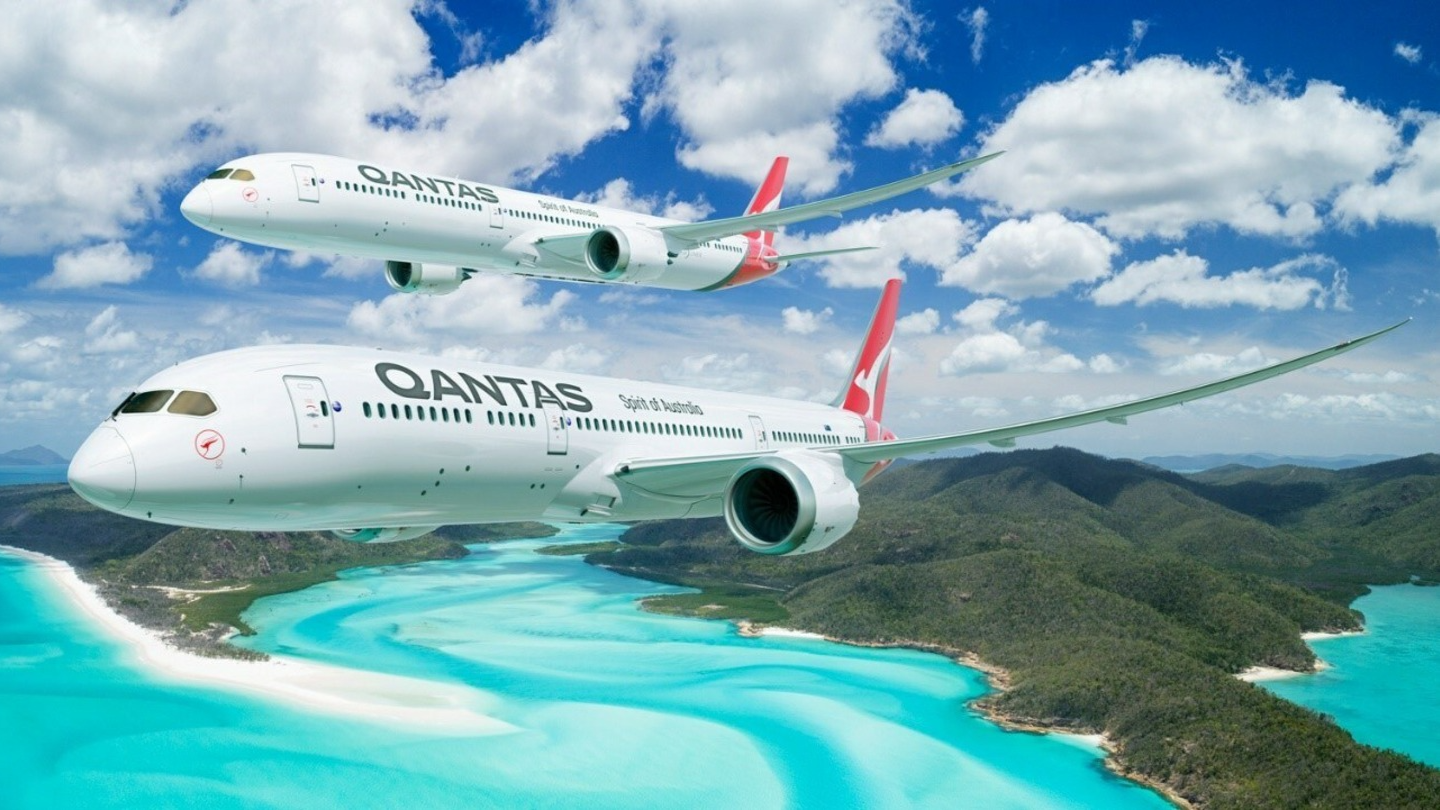
Australian flag-carrying airline Qantas has made further steps forward in its fleet modernisation plans with an order for 12 787 Dreamliner planes from Boeing.
The group has ordered four 787-9 and eight 787-10 aeroplanes as it continues to replace ageing aircraft in its fleet and invest in tech that can help with the reduction of carbon emissions.

Discover B2B Marketing That Performs
Combine business intelligence and editorial excellence to reach engaged professionals across 36 leading media platforms.
Boeing Commercial Airplanes president and CEO Stanley Deal said: “With its market-leading environmental performance, the 787 Dreamliner is central to Qantas’ unwavering commitment to operate one of the most sustainable and capable fleets in the airline industry.
“Both the 787-9 and 787-10 offer enhanced efficiency, flexibility and passenger comfort to connect Australia and destinations around the world.”
The use of the Dreamliners will allow Qantas to reduce fuel use and emissions by up to 25%, according to Boeing and also present an opportunity for the use of sustainable aviation fuel (SAF), which can reduce emissions even further.
The order will also nearly double Qantas’ existing 787 fleet of 14 787-9s and introduce the larger 787-10 to its operations, allowing for further international expansion thanks to the two aircraft’s ranges of 14,010km and 11,730km, respectively.

US Tariffs are shifting - will you react or anticipate?
Don’t let policy changes catch you off guard. Stay proactive with real-time data and expert analysis.
By GlobalDataThe fleet improvement comes during the same week the airline announced plans to further expand its international capacity with more seats to destinations in the US, Asia, Africa and New Zealand thanks to the reintroduction of Airbus A380s from storage.
Qantas has also been funding wider climate work through its A$400m ($261.7m) climate fund, including a A$290m partnership with Airbus to work on the domestic SAF industry in Australia.





